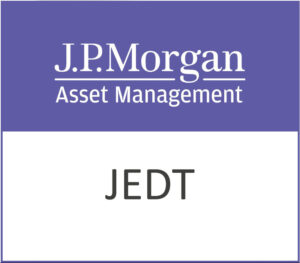In this note, we review what Real Estate Credit Investments Limited (LON:RECI) brings to investors, specifically noting i) a near 10% dividend yield, significantly covered by recurring interest income and which has been maintained through multiple macro crises, ii) diversification of investors’ portfolios with an equity with low correlation to overall markets, iii) an experienced debt manager bringing competitive advantages in deal origination and risk management, iv) a diversified portfolio with proven downside resilience created by Cheyne’s actions, and v) liquid access to an attractive illiquid asset class. There are risks (e.g. French macro conditions), but RECI has a proven track record of resilience.
- Stable business model: Our August 2019 57-page initiation on RECI detailed the investment-positive, -neutral and risk factors. Very little has changed over the past six years, with the key drivers exactly as they were in that report. In our view, this stability is a further core attraction of the RECI model.
- Opportunities as well as threats: In a risk-on environment, it is easy to lose sight of the opportunities. When the macro outlook is challenging, many lenders withdraw from financing commercial real estate or cannot get financing themselves. Spreads widen, making RECI’s new investments more attractive.
- Valuation: Real Estate Credit Investments traded at premiums to NAV in the five-year, pre-pandemic era. The current discount to NAV is 13.4%. The dividend has been a consistent 3p per quarter for many years and generates a 9.3% yield. RECI is moving to lower-risk but higher-margin exposures, which should improve dividend cover.
- Risks: Any lender is exposed to credit risks. We believe RECI has appropriate policies to reduce default probability and loss in the event of default. Positions are illiquid. Its average total commitment to expected value LTV is 64.5%, and most loans (all of the top 10) are senior secured, providing a downside cushion.
- Investment summary: Real Estate Credit Investments generates an above-average dividend yield from well-managed credit assets; directors and management have demonstrated their confidence in its sustainability through share purchases. Market-wide, credit risk is currently above average, but RECI’s strong liquidity and debt restructuring expertise should allow it time to manage problem accounts. A new £10m buyback programme was announced on 31 March 2025.






































